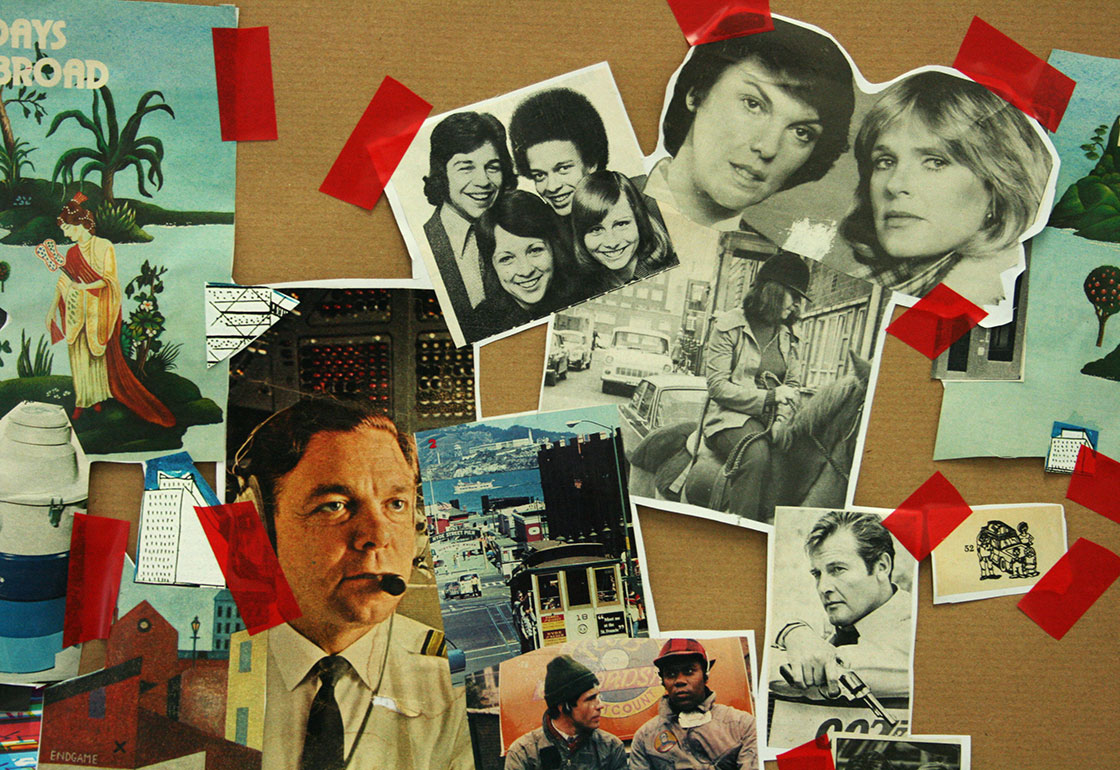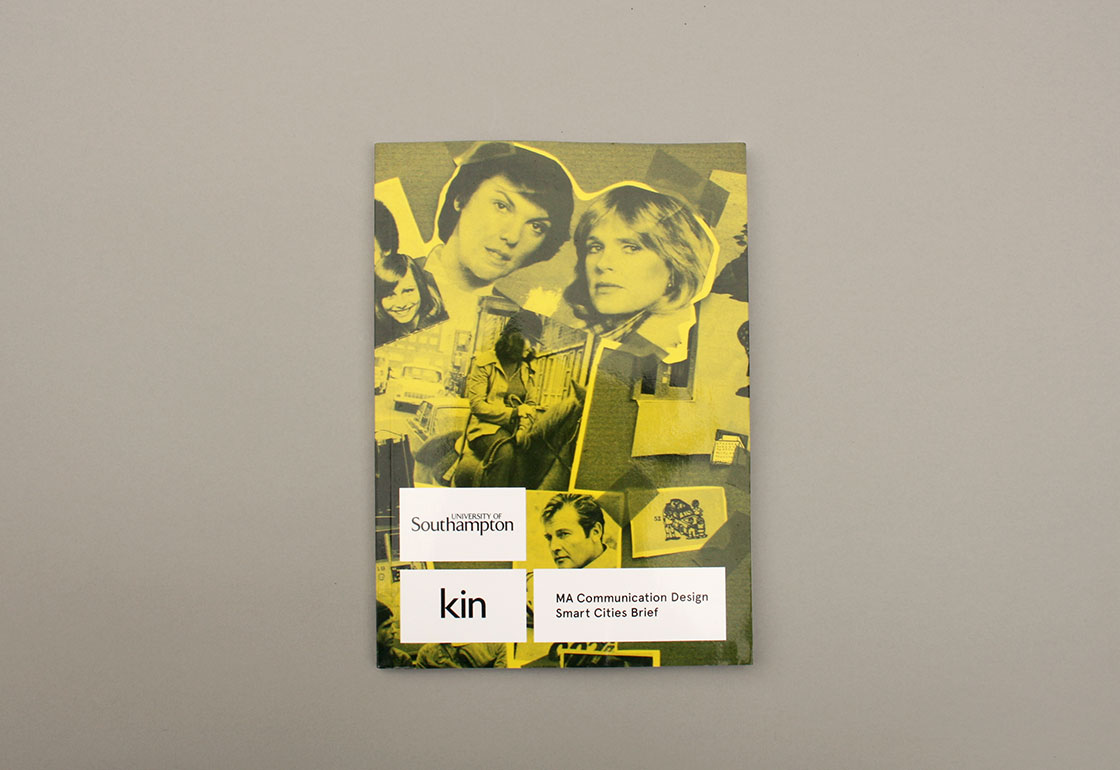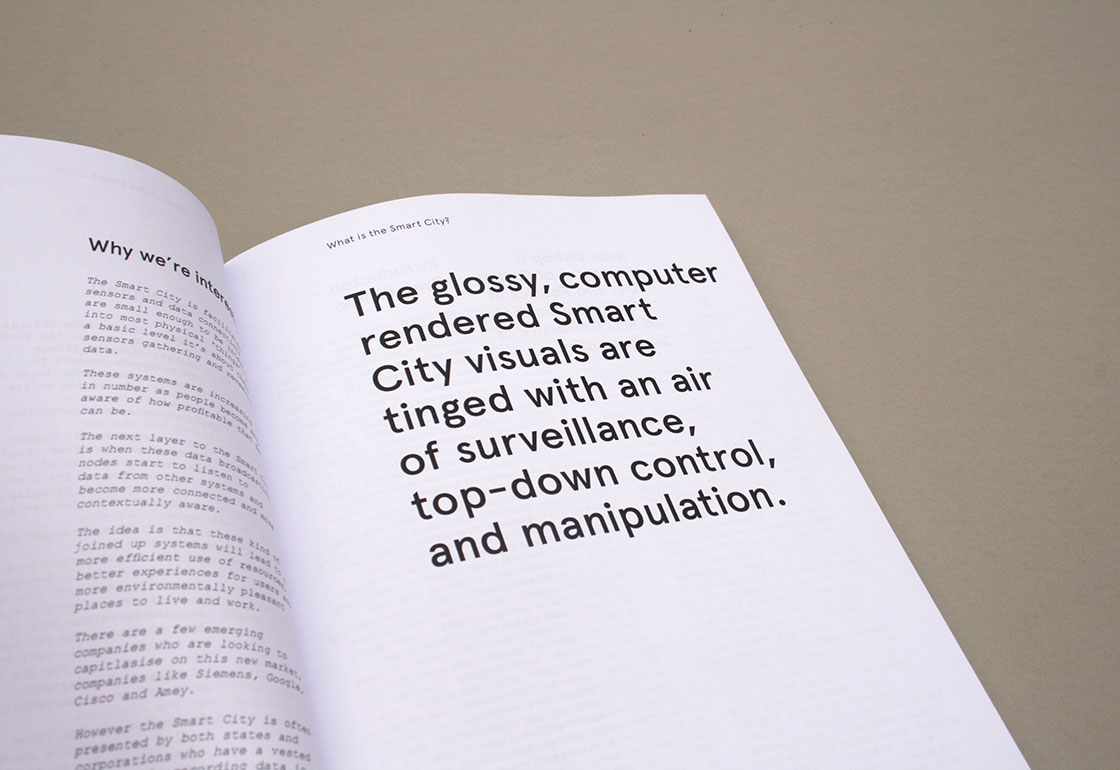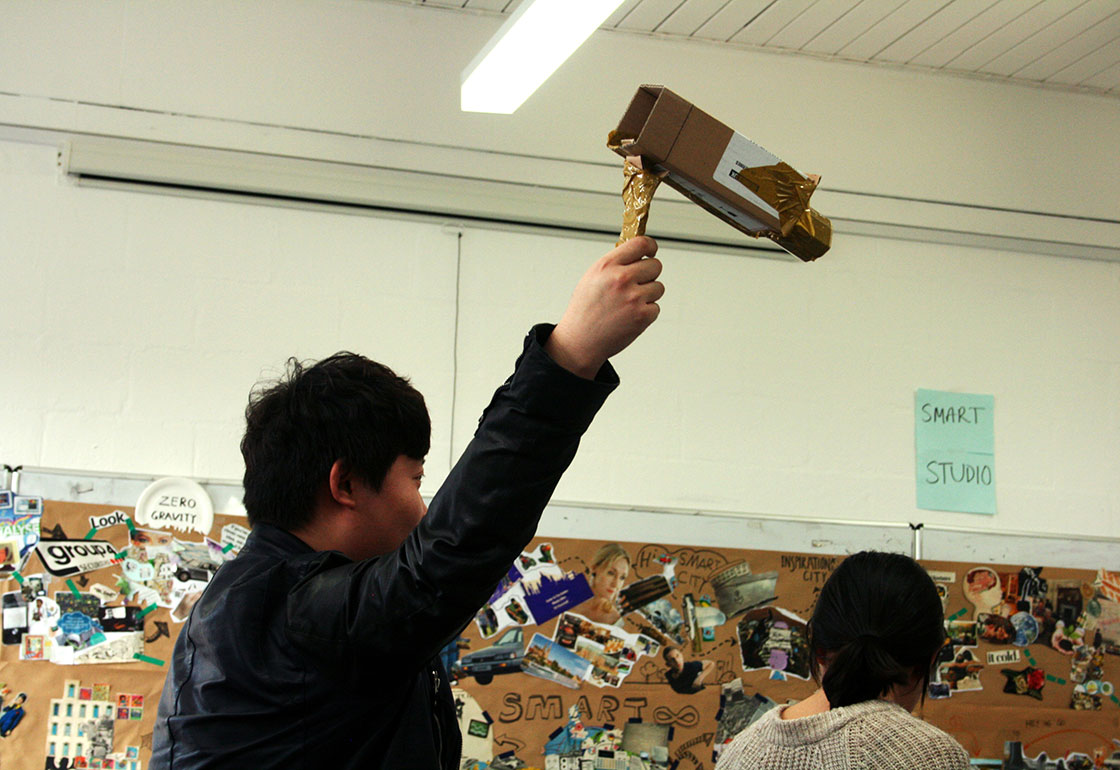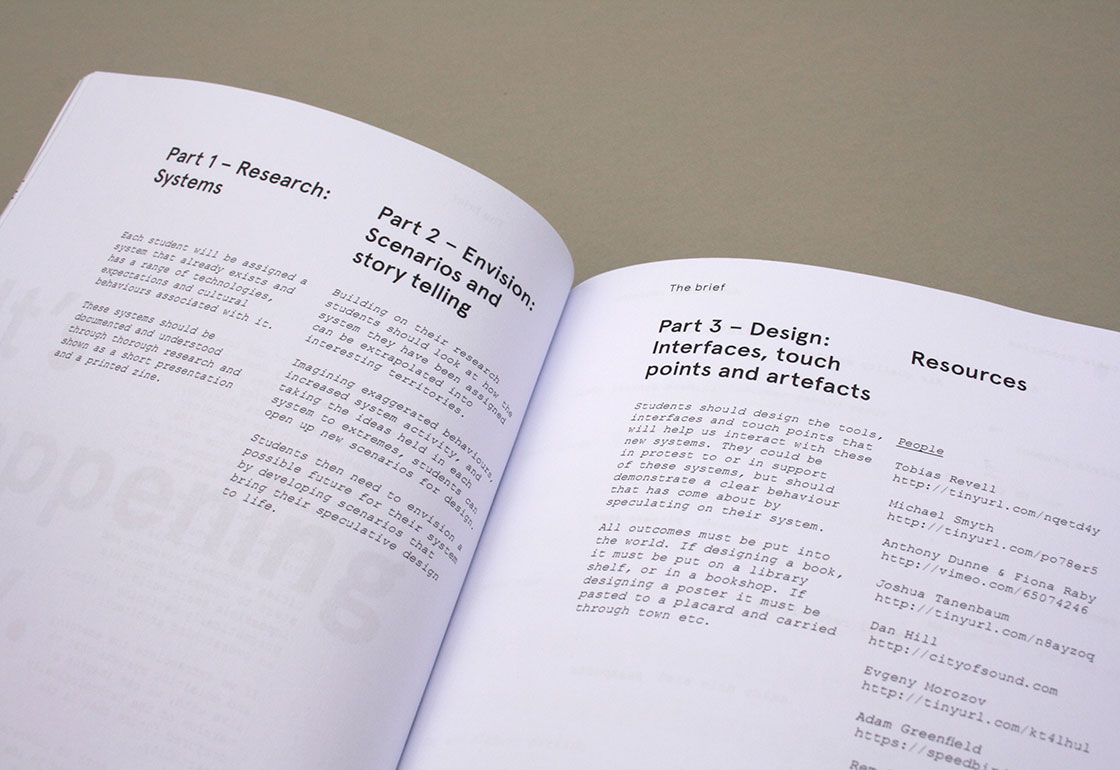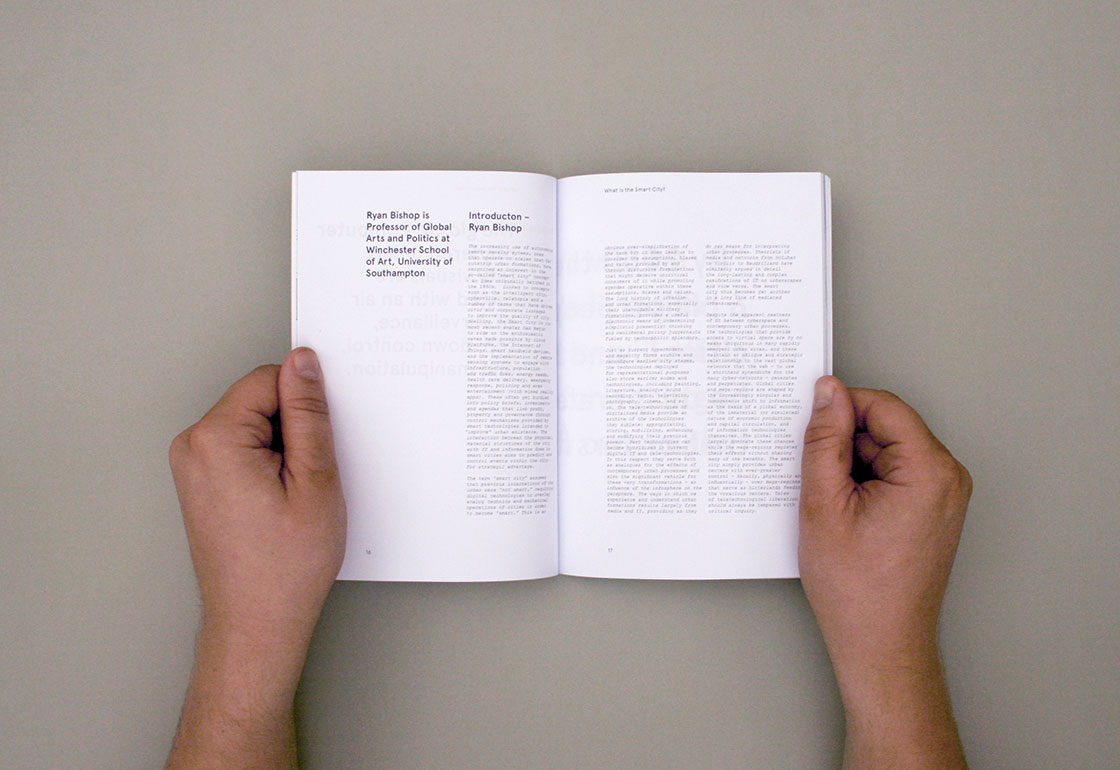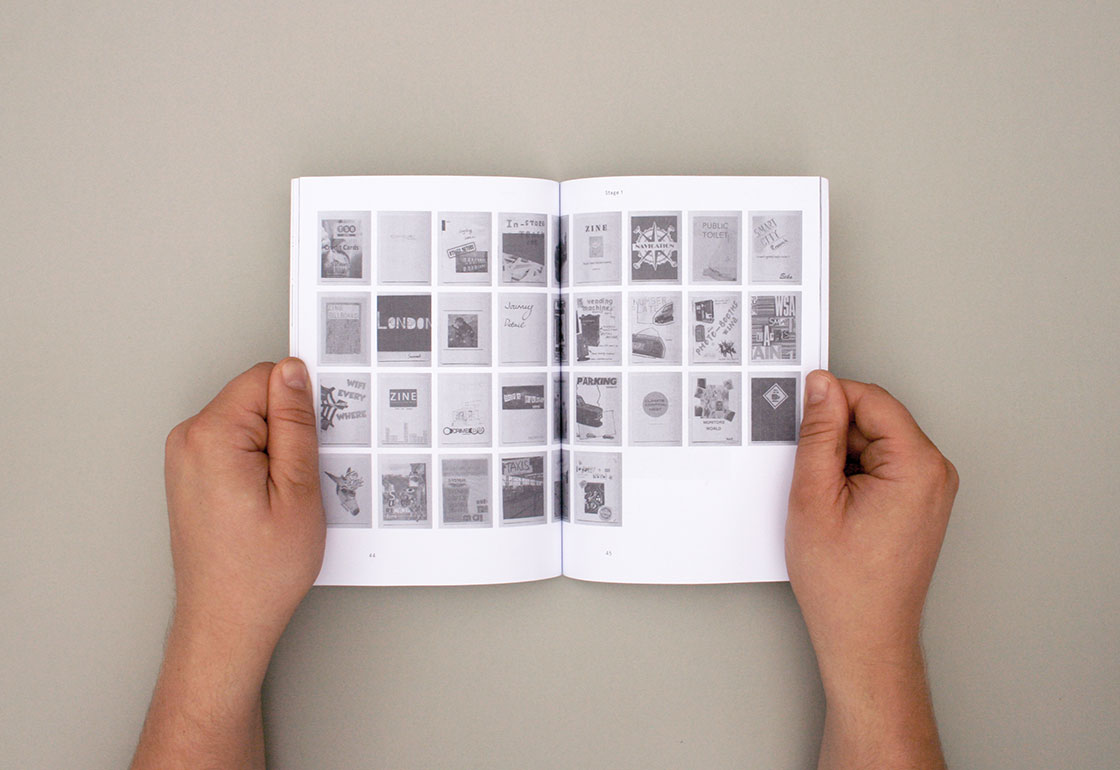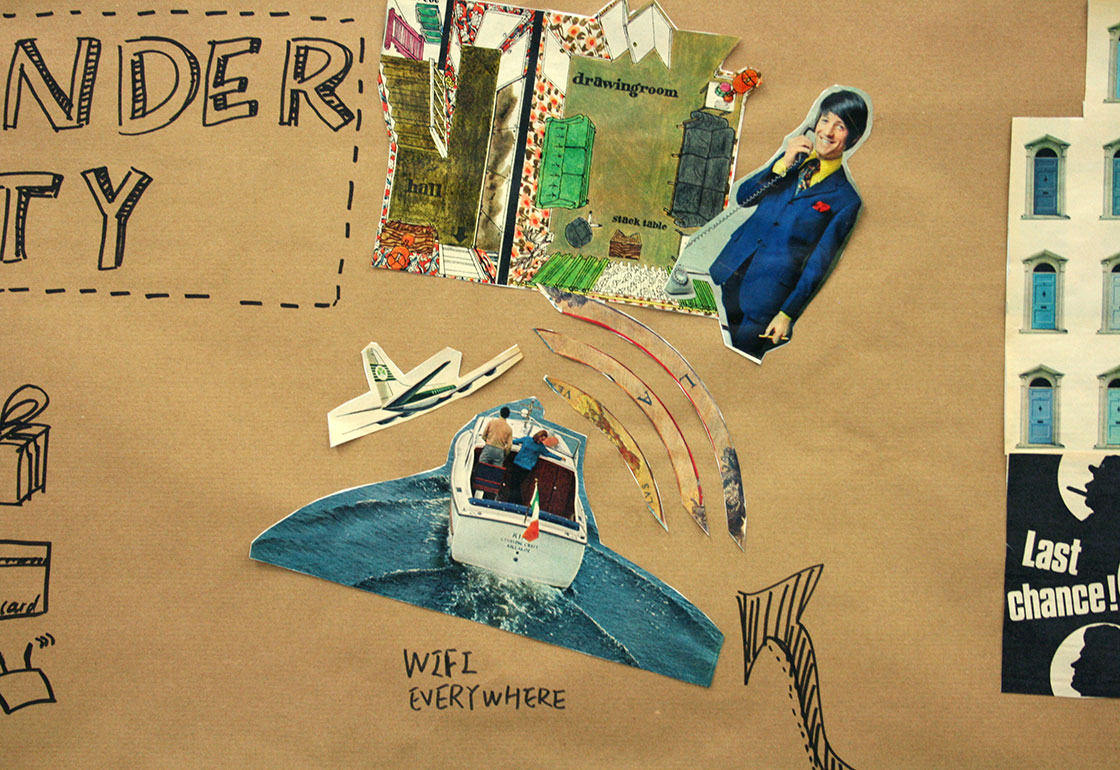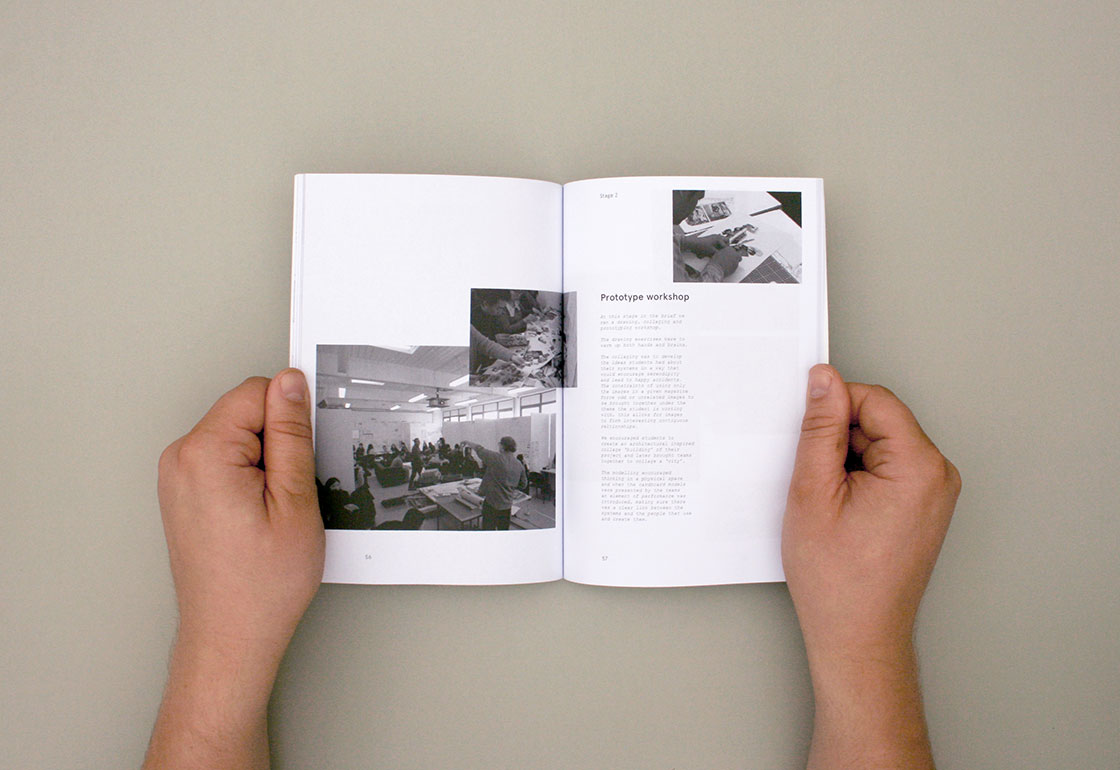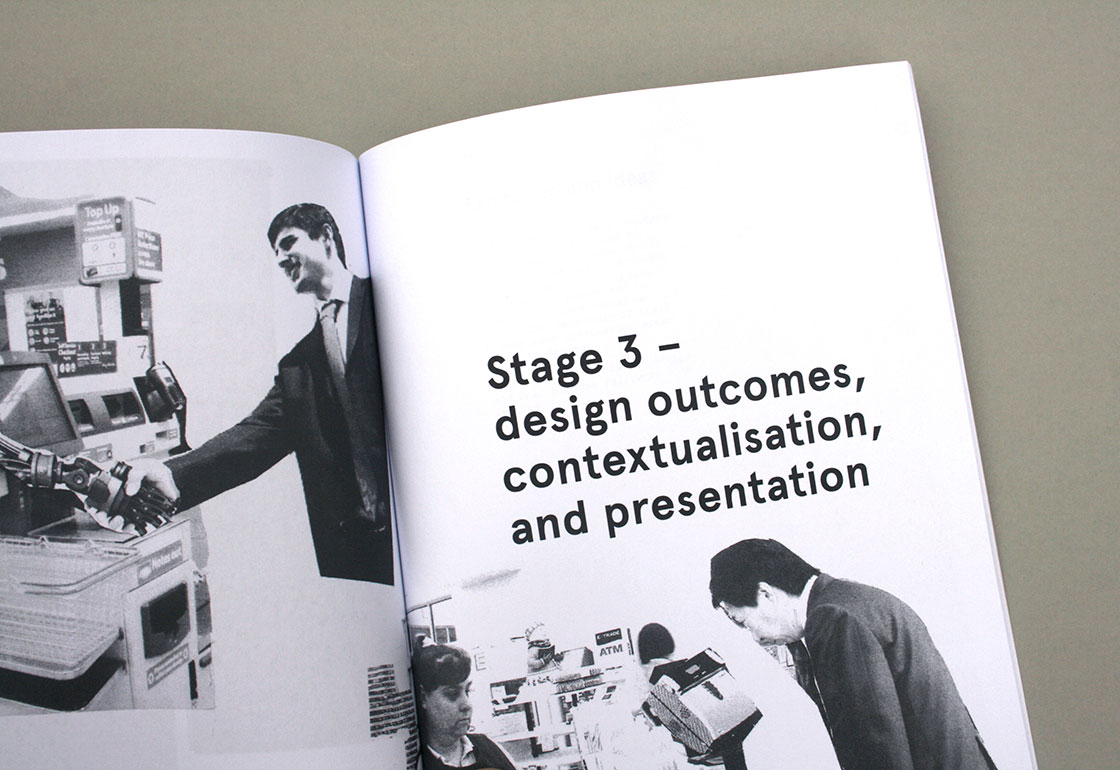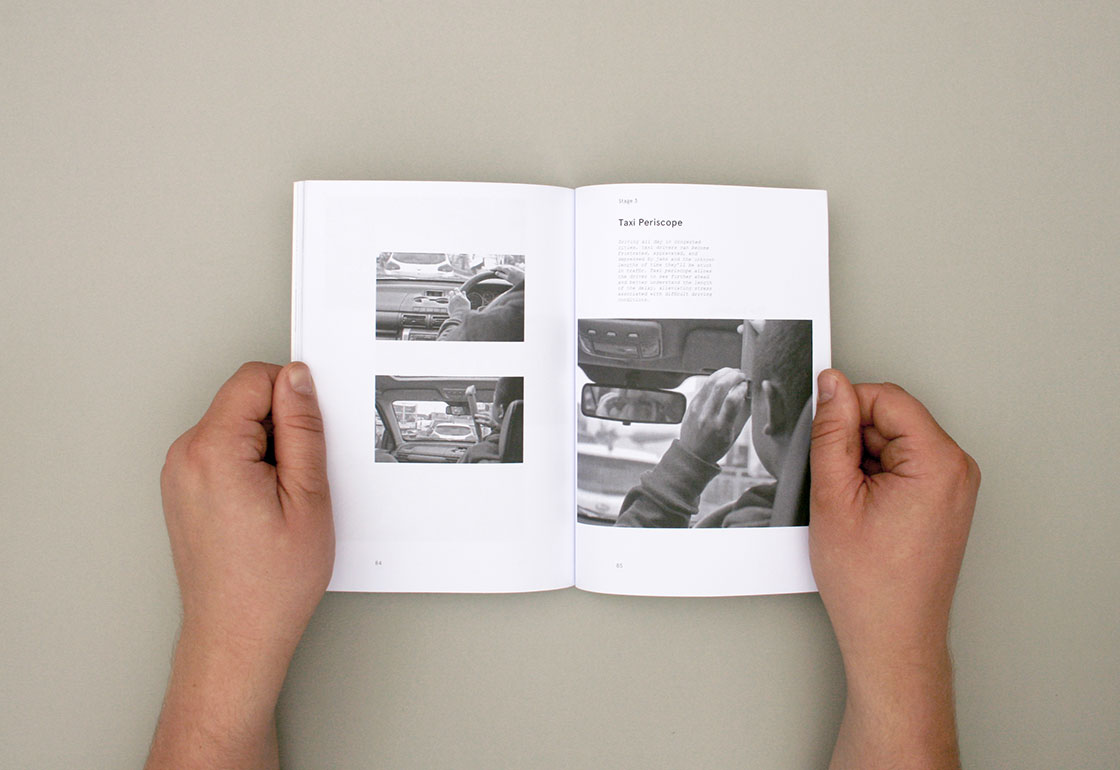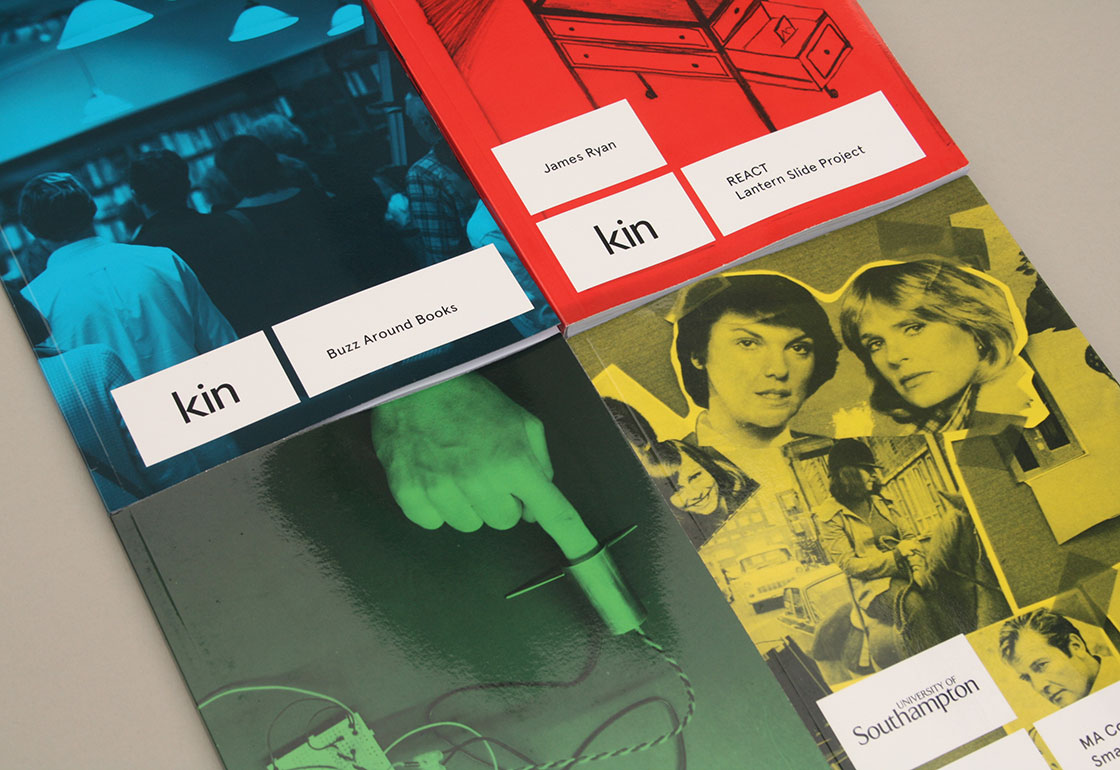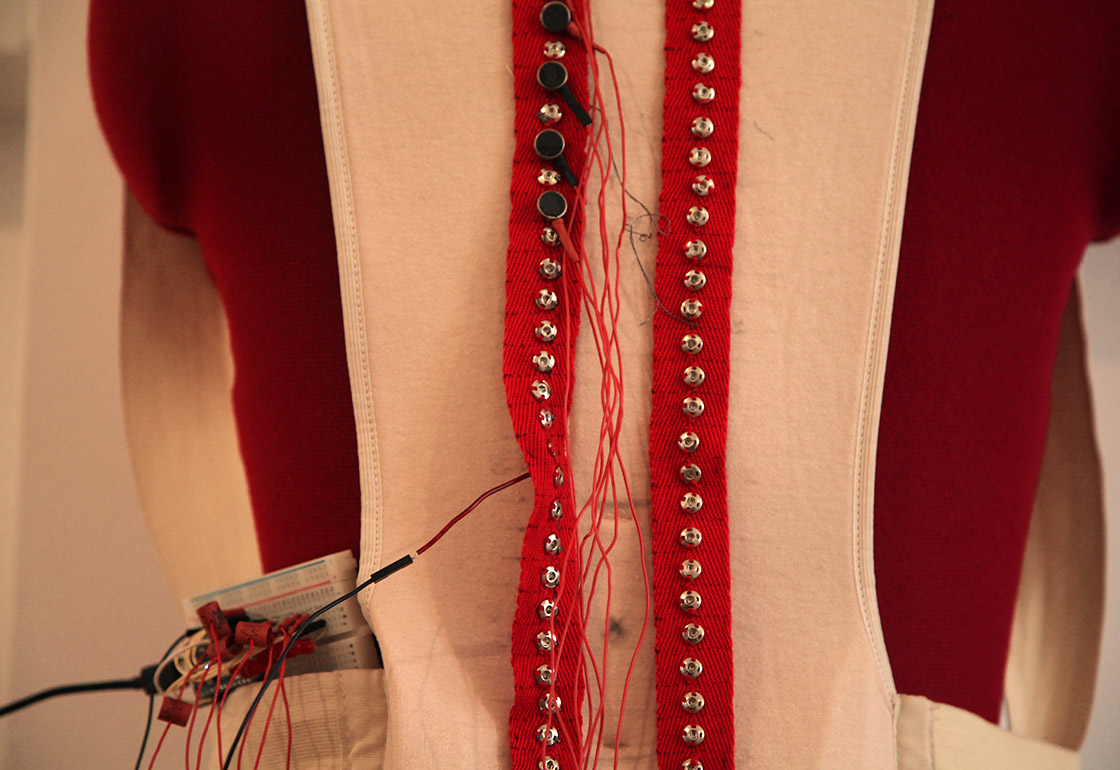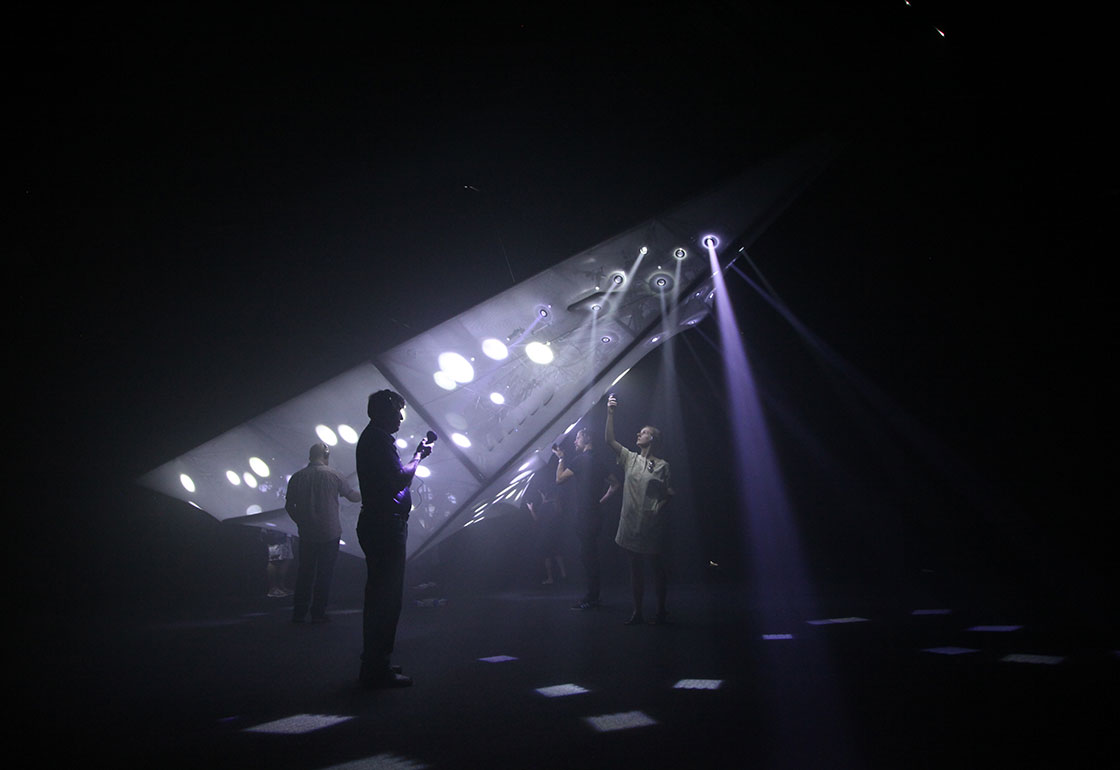Smart Cities Brief – Winchester School of Art
We were asked by the Communication Design Masters course at Winchester School of Art to create a brief and relevant workshops around the theme of Smart Cities.
Why we’re interested
The Smart City is often presented by both states and corporations who have a vested interest in recording data in order to use it to accrue power and make profits. As such the glossy, computer rendered Smart City visuals are tinged with an air of surveillance, top-down control, and manipulation. We’re interested in this darker narrative as it begins to creep into the mainstream discourse around the Smart City subject.
It’s happening now
The utopian idea of the totally I.T. integrated city doesn’t exist (yet) so Smart Cities are often talked about as being in the future. This future thinking, combined with the technology inherently wrapped up in the discussions, leads the topic of Smart Cities to be thought of in the same realm as science fiction.
These utopias are inherently unobtainable and instead we want to look at what’s happening now, and how it begins to organically create the Smart City without an overarching architect.
If we extrapolate the emerging and existing systems that we live with, we can imagine a version of the technologically conjured future that is the Smart City. We can begin both to understand its potential, and to identify areas for concern through research, and a combination of speculative and critical design.
Student brief
We asked students to research and analyse a range of current systems, from smart parking meters, to supermarket loyalty cards. They then had to exaggerate these systems into the future to create possible scenarios for design and create interfaces, touch-points and artefacts to communicate their version of a Smart City.
